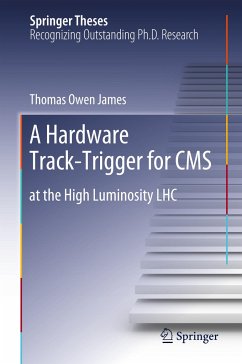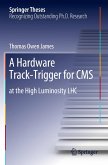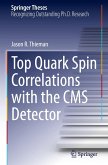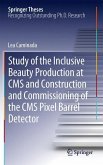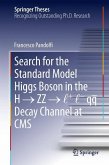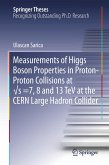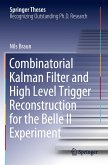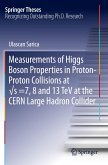The work described in this PhD thesis is a study of a real implementation of a track-finder system which could provide reconstructed high transverse momentum tracks to the first-level trigger of the High Luminosity LHC upgrade of the CMS experiment. This is vital for the future success of CMS, since otherwise it will be impossible to achieve the trigger selectivity needed to contain the very high event rates. The unique and extremely challenging requirement of the system is to utilise the enormous volume of tracker data within a few microseconds to arrive at a trigger decision.
The track-finder demonstrator described proved unequivocally, using existing hardware, that a real-time track-finder could be built using present-generation FPGA-based technology which would meet the latency and performance requirements of the future tracker. This means that more advanced hardware customised for the new CMS tracker shouldbe even more capable, and will deliver very significant gains for the future physics returns from the LHC.
The track-finder demonstrator described proved unequivocally, using existing hardware, that a real-time track-finder could be built using present-generation FPGA-based technology which would meet the latency and performance requirements of the future tracker. This means that more advanced hardware customised for the new CMS tracker shouldbe even more capable, and will deliver very significant gains for the future physics returns from the LHC.

